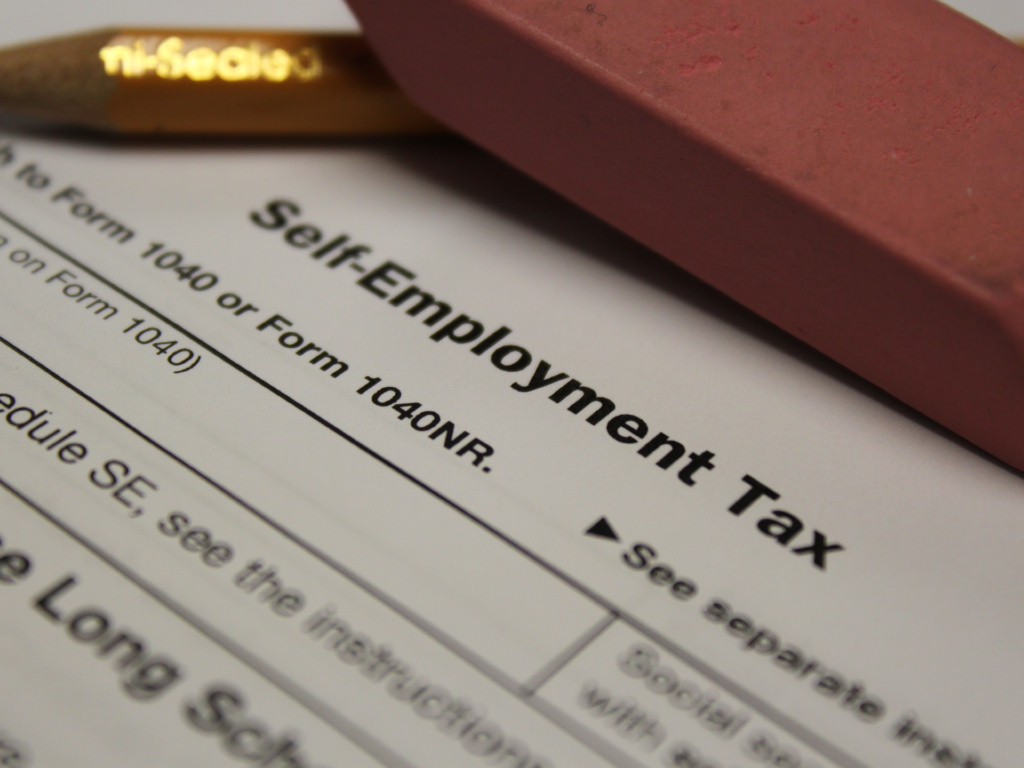Ten years ago, it was a lot more easy to land a mortgage than it is now. Banks and lenders would dish out the cash faster than a speeding bullet, and that has ramifications to this very day.
And those ramifications are? It’s damn hard to land a mortgage. Because anyone could get a mortgage ten years ago, that means people who were unable to pay theirs back received one too. The result? Banks lost money, and they had the general public to blame.
Now, to avoid such a catastrophe, the whole process is a lot more secure, and tricky to navigate for the borrower. You can’t just waltz into a bank and wave your hand – finding a suitable mortgage deal takes time, effort and patience.
So, with this in mind, it seems prudent to explore some tips, tricks and nuggets of advice that will help you on your mortgage quest. Although the process is arduous, the good news is that it can be made a little simpler with patience.
Finding the correct deal
Brokers vs. banks
Speaking to a broker instead of a bank can be beneficial for many reasons. Brokers will be able to assess the whole market, and recommend products that are relevant to you. Banks, on the other hand, will only be able to push their employer’s products.
Brokers can also be in possession of unique deals, and can help you out if you’re self-employed or have a poor credit score. Some details vary by state so if you’re in Colorado, find a Colorado mortgage specialist. Be careful, though; some brokers will charge you for the searching process, where banks will not.
Financial advice
Pretty much any mortgage has to be taken out in conjunction with financial advice. Lenders are careful about who they give money to, so they will request that you get professional help to assess your financial situation.
Plus, it’s just a good idea. You may think you’re ready for a mortgage, only to discover you’re not! A financial advisor will help you in this regard, as well as being able to help you with any difficult circumstances i.e. bad credit history.
Financial advice providers also help you make sense of any mortgage terminology, as well as run you through a mortgage calculator. For example – using the website of a mortgage advisor – we can see CalMtg.com have a section for both these. I’d start by discussing your options with a lender, and if they agree to give you a loan, seek an advisor to take things further.
Self-employed mortgages
Banks and lenders prefer the borrower to have six months of steady employment, if they’re fully employed. For self-employed borrowers, this timeframe increases from anywhere to between one and two years.
Generally speaking, if you’re self-employed, you’ll have to prove that you have two years of steady income by using your tax returns subsequent to your efile. This means that it’s nigh on impossible to land a mortgage if you’ve been self-employed for say, seven months.
All is not lost, however. Your typical high-street bank won’t touch you, but private mortgage brokers may be able to help. Some of these brokers specialize in helping people with specific circumstances, like self-employment. It’s not a guarantee of success, but it’s pretty much your only choice.
Enquire with different lenders
As is the case with any financial product, you’ll have to shop around. One company could offer you a low mortgage in principle, while another company could offer you a high one. There’s simply no way to tell what you’ll be offered, other than to enquire.
Try a mixture of brokers and banks, as each come with their own perks. Some mortgage packages include survey fees upfront – but they’ll be added onto the cost of your repayments. On the other hand, some packages mean you’ll have to pay these fees yourself – but you’ll have cheaper monthly repayments.
Make yourself more appealing to the lender
Cut your spending
When you apply for a mortgage, you’ll be asked a whole host of questions. These range from queries about your living situation to your habitual spending. As such, the less you spend, the more you’re able to borrow.
Some mortgage lenders will even ask you how much you spend on haircuts each year, for example. The less haircare expenditure you have, the better! Assess your regular outgoings and see if you can cut back anywhere. One great way to do this is to axe your gym membership, and build a home one instead.
Work out how much you need for food and amenities per month so you can present the lender with a rough budget. They need to know how much you’ll have left each month that can be used to pay the mortgage. The more financial information you provide them, the more informed a decision they can make.
Other ideas include switching to a pay-as-you-go phone, and paying off your car insurance in one lump sum. In short, the less you have going out, the more the bank can give you. Consider that the next time you buy that expensive phone, or get that TV on credit!
Borrow some money and pay it back
If you have a good history of paying back loans or credit, it will work in your favor. If you have a bad credit history, or no credit history, it will work against you. So, look for something cheap that you can take out on credit and pay back quickly.
Some retailers offer 3-month deals, which are perfect for quickly building up a credit background. Or, you could go with a mobile phone contract, which shows you’re comfortable with long term financial commitments.
If lenders can see that you are capable of borrowing and paying back on time, you’ll become more attractive to them. If you’re young, and don’t possess a credit history, then seek to build one quickly. Just make sure you pay back on time!
Check your credit file
By checking your credit file at sources like equifax.com and callcredit.com you can verify all information. You have a legal right to correct any outdated or incorrect information, so make sure you do so.
You also need to financially unlink yourself with any previous partners. Even if you never married, credit companies can link the two of you together if you both put your name on something.
This means that if your ex-partner has a bad credit history and you’re linked on your file, they can drag you down. Be sure you remove these connections with any old flames to avoid them making it more difficult for you to get a mortgage.
Make sure you register to vote
If you aren’t registered to vote, make sure you get on the electoral register!
Lenders have been known to check a person’s name against their address, using the register as a reference. If they can’t find any information, or find the wrong information, it can work against you.
That means if you’ve moved house in the past, perhaps with your parents, you’ll need to change your address to your current one. Plus, it’s just a good idea to be able to vote – there’s nothing more important than deciding the fate of your country!
A massive deposit
Money talks – this is especially true in the mortgage application process. The more money you are able to shell out upfront, the less you’ll need to borrow, and the less you’ll have to pay in the long-term.
As a result, you’ll stand a better chance of getting a mortgage, because you’ll only need a small one! It’s worth it to take the time to save up for a few months longer before applying, for this very reason. If you’re still living with your parents, use this time to build up a sizeable deposit. You’ll thank yourself in five, ten years when you have low repayments.
There are dozens of ISA’s and savings accounts that supply great interest rates, so have a look around. Fixed term savings accounts, in particular, offer monster interest. Though you can’t touch the money for one, two or five years, in most cases.
First-time buyer?
First-time buyers can actually end up being attractive to lenders and sellers – but you’ll probably need a big deposit first. Lenders do genuinely want to help you get on that property ladder, and that can work in your favor.
For starters, if you don’t have a property to sell, there will be no chain, so the seller will be more inclined to do business with you. One of the main reasons buying a house takes so long is because you have to wait for people to move out and sell existing properties. No chain equals less properties, which equals less hassle!
No matter your situation, it’s not easy to land a mortgage. Even if you’ve been on the property ladder for a few years, the same strict rules still apply.
However, you can make it a lot easy for yourself. Saving up a big deposit, cutting some monthly outgoings and shopping around are some simple ways to do this. At the end of the day, though, you’re at the mercy of the lender – just make yourself as appealing as possible.













Comments are closed.